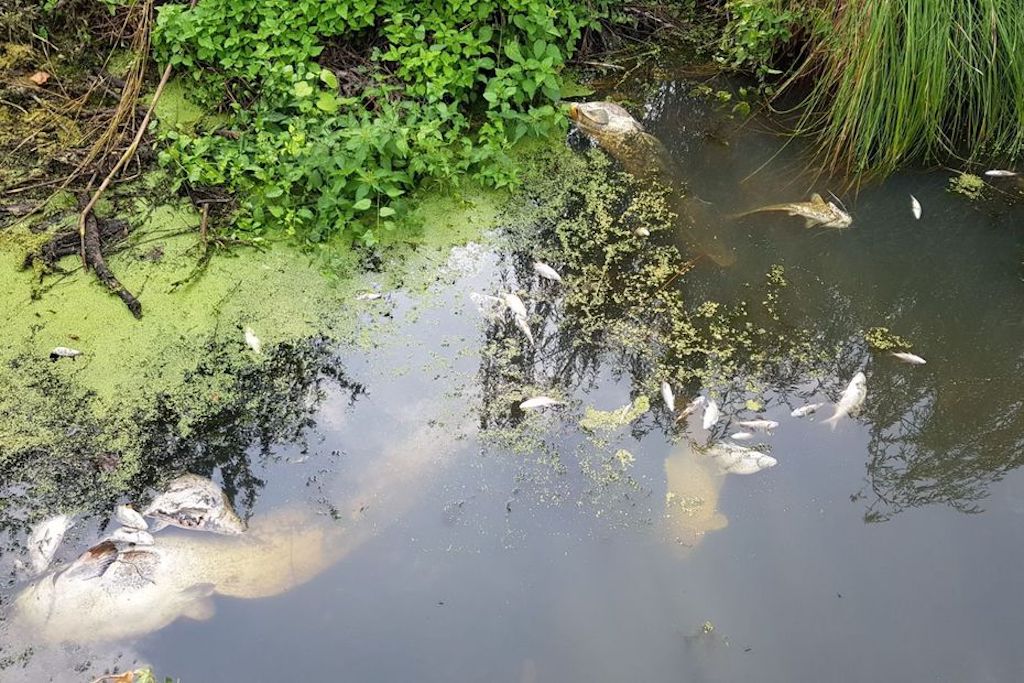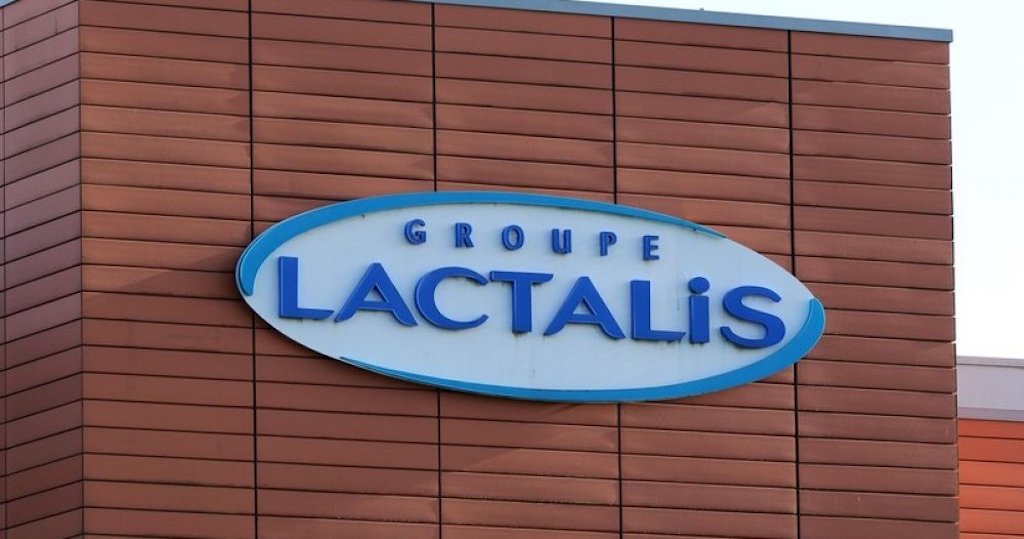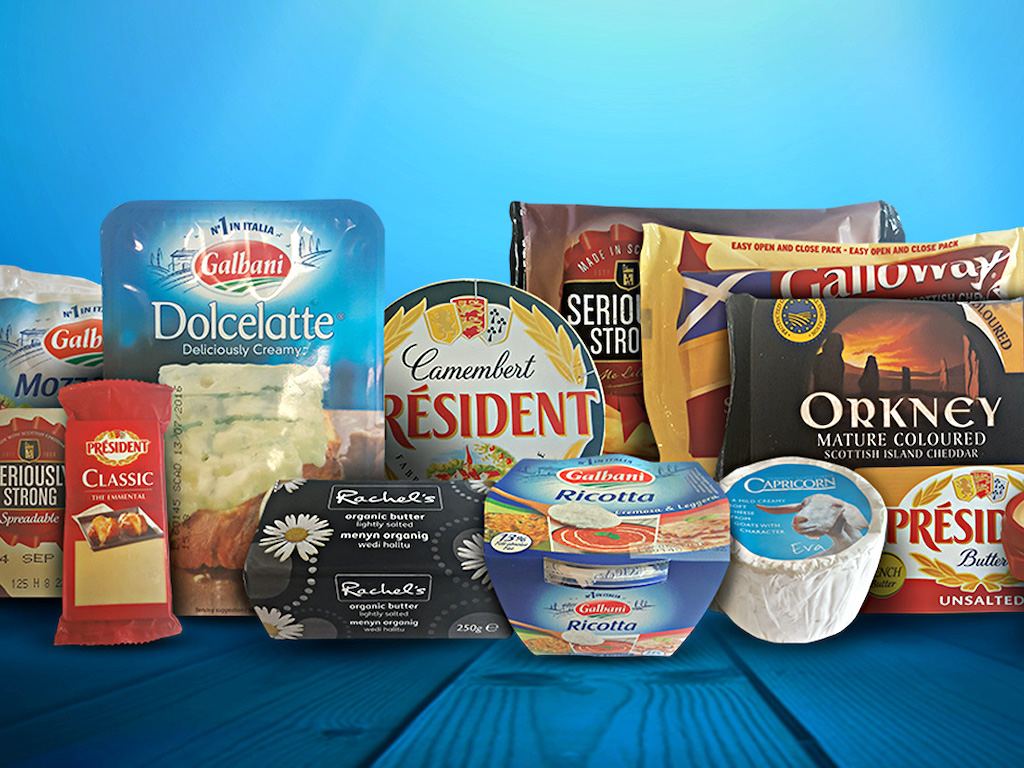3 Mins Read
A new report has revealed that Lactalis, the biggest dairy company in France and largest dairy group in the world best known for its Président range, has been polluting French rivers for over a decade. Over a year-long investigation, journalists found that at least 38 of the company’s production sites were in breach of environmental regulations, with several instances of improper wastewater treatment leading to deaths of aquatic life, adding to the litany of ecological abuse associated with the dairy industry.
Lactalis, the French dairy giant and parent of some of the most iconic cheese, butter and milk brands in the world, has been accused of polluting the country’s rivers over the past 10 years in a new investigation published by French media organisation Disclose. Among some of the lines Lactalis owns are Président, Société, Galbani, Lactel, Tendriade, Parmalat and Rachel’s Organic, sold across 160 countries globally with an annual turnover of US$21.9 billion.
The report found that at least 38 of Lactalis’ factories in France had breached environmental regulations, including the release of milk-related derivatives and byproducts from wastewater treatment plants into rivers. In certain cases, this malpractice resulted in the death of fish, which occurs after large volumes of dairy discharge and sewage pollution.
This lengthy research reveals for the first time the extent of the group’s questionable practices, and also a certain sentiment of impunity that appears to be present within the multinational.
Disclose

According to the report, rivers affected include the Loire, the Véronne, the Seiche and the Isère, representing some of the country’s most famous natural bodies of water. Some sites also ignored laws that require compliance work for multiple years, investigators found.
“This lengthy research reveals for the first time the extent of the group’s questionable practices, and also a certain sentiment of impunity that appears to be present within the multinational,” wrote the Disclose team.
Led by Mathias Destal, Marianne Kerfriden, Inès Léraud and Geoffrey Livolsi, Disclose’s team examined more than 60 of the firm’s 70 production sites, exchanged an estimated 350 emails with public administrative services, and combed through several thousands of documents to obtain the data concerning the pollution.
Shockingly, the team also found tax documents that “appear to indicate a system of tax evasion by certain entities of the dairy giants”.
“Failings in the field of food safety, massive pollution of rivers, the dissimulation of information, failings in control mechanisms, large-scale tax evasion and the hunting of whistleblowers. All of which is very far from the group’s official PR presentation,” the team wrote.
When Lactalis was contacted by the Guardian in a follow-up about the allegations, the dairy giant simply pointed out that existing policies do allow “one-off overruns, and these do not necessarily imply that pollution has occurred,” adding that it has invested sums in improving its wastewater treatment system.

Failings in the field of food safety, massive pollution of rivers, the dissimulation of information, failings in control mechanisms, large-scale tax evasion and the hunting of whistleblowers.
Disclose
Disclose’s report has only added to big dairy’s falling reputation in recent years, with consumer appetite for cheese, milk, yoghurt and cream turning sour in light of the industry’s carbon footprint. Analysts at nonprofit GRAIN previously reported that just the top ten of the world’s biggest dairy corporations alone are responsible for generating enough carbon emissions to match half of France’s total carbon output.
The dairy-free shift has accelerated even further in the wake of the coronavirus pandemic, which has upended the industry’s supply chain due to lockdown measures and slashed demand from closed foodservice establishments. Experts say that the trend, which has sent farmers selling off cows and even dumpling gallons of milk despite surging demand in food banks, is now putting dairy on the brink of an existential crisis.
Lead image courtesy of Lactalis.




